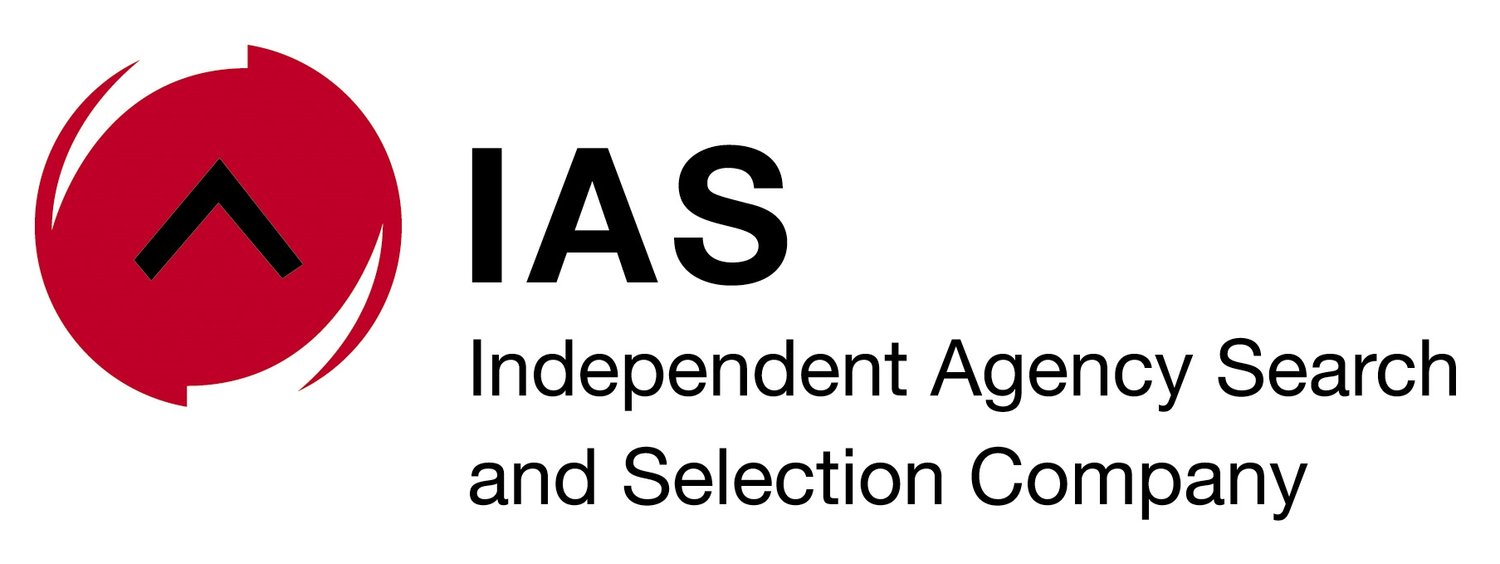The changes in our industry have been massive – and not just due to the pandemic, either. We’ve seen print take something of a knock, and digital rise and grow unlike any platforms before.
In fact, ACENCY SCOPE 2021-2022 shows that globally, digital has grown 2.9 percentage points (+7.6%) in the last three years, with China and Mexico apportioning the highest budget to the sector than any other country, at 50.1% and 47.9%, respectively.
At home, the IAB South African Digital Ad Spend Report for 2020 revealed that despite a super-sluggish economy, the digital industry experienced an 18% year-on-year growth. This is life-changing on many levels, not least the question of how the media agency has had to change to keep up.
Do what you’ve always done … and then some
In fairness, the media agency role isn’t changing so much as taking on far more of what they have always done: Making certain that the channels and media opportunities they recommend to their clients are the most appropriate and best performing, and dispensing budgets accordingly.
A media agency’s job years ago was doing precisely this – only choosing from a handful of television channels; a fair selection of magazines and newspapers; some outdoor; and umpteen radio stations.
Without digital in the mix, choices, strategies and costs were manageable. Today, there’s digital, a sector that has mushroomed and continues to proliferate as the “next big thing” comes along. It is made more complex because of so many more channels and platforms, and the media agency must keep an eye on all of them.
In its early stages, digital platforms often bypassed the media agencies and worked directly with marketers – and some still do. This scenario is not without its issues, though. AGENCY SCOPE shows that 57% of clients prefer their media agency to look after their digital initiatives along with their current responsibilities, to ensure they’re getting the best deals, that the channels’ performance is up to scratch.
The media agency’s role has had to expand to take up all these new opportunities and be on top of what is relevant now. They’ve also had to review the so-called “tried and trusted” platforms to ensure each client is getting the best option for their spend.
Many of the print options that would have been recommended without question in the past don’t exist anymore, so media agencies staying current with the sector is even more important now.
The bird’s eye view
Viewing this from a client perspective, where media is not their core business, staying current in this age of vast choice is almost impossible. Clients must, by necessity, rely on their media agency.
To ensure prime recommendations, media agencies have had to become far more agile to ensure the pace at which they make choices matches the rapid growth of choices being offered.
In my view, the media agency has become a far more valuable marketing partner than ever before. This is not to say they were not always exceptionally valuable – but the scope they must deal with now makes them a marketer’s right hand. Perhaps this will result in a greater recognition of the role of these agencies in managing the complexity of the numerous media opportunities.
With digital spend in South Africa at 37% of a company’s budget, the bottom line question must be: If an agency is performing its primary function, should it be expected to be monitoring the digital media ecosystem while also ensuring the appropriateness of the non-digital spend?
There’s no right and wrong, but the scope of each marketing partner must be coordinated. AGENCY SCOPE shows some clients are working with an average of 13 different communication partners including agencies, consultancies and digital platforms. It doesn’t take much for these numbers to bloat, putting paid to the agility required.
The media agency takes care of the largest part of the client’s expenditure – media buying and running campaigns is a pivotal role. Backed by SCOPEN research, I’m of the opinion that they have the overall view of how the budget is being spent and why.
In choosing a team of partners able to give a marketer the edge, I would want my media agency to have an eagle-eyed view of the landscape I’m investing in



